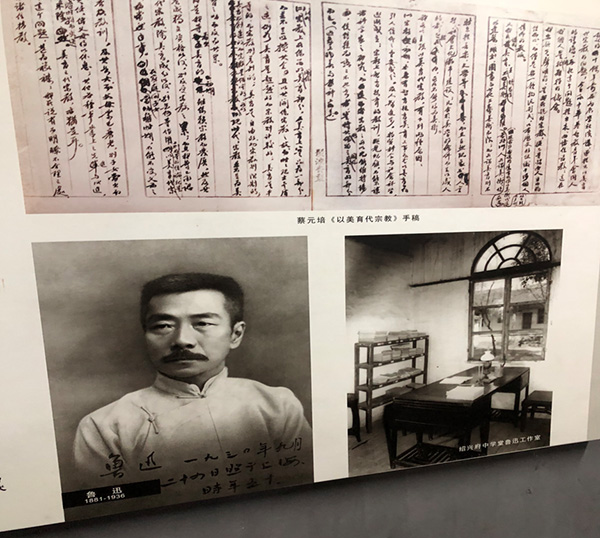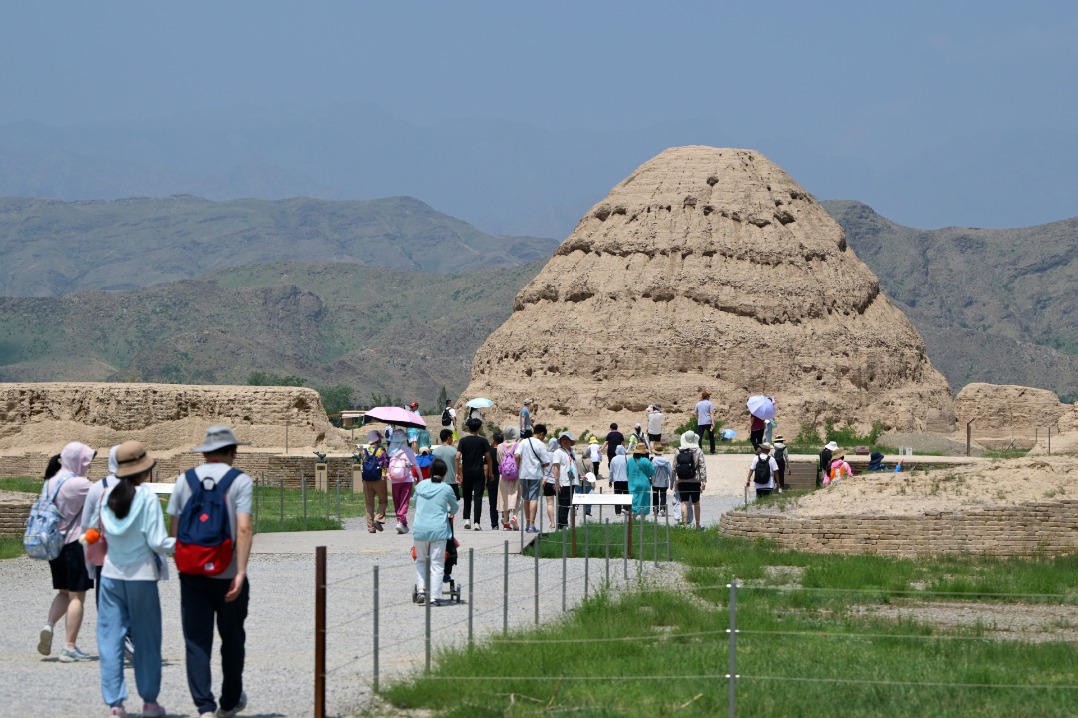Lu Xun: The writer who wrote in people’s language


It was perhaps out of his experience in this tradition-laden space that Lu Xun decided China needed not only a different literary sensibility, but a refashioned language in which to convey it.
LuXun began charting a life outside of this world from an early age, and studying at a several universities in Hangzhou, before moving abroad to Japan and Germany, and eventually returning to China. His family’s own financial and legal misfortunes often led him to take up teaching jobs and study traditional Chinese works, yet throughout the 1920s he published journals and essays that spoke to a radically new sensibility.
Indeed, even in his childhood, he often focused on study outside the core curriculum of classical Chinese, including folklore and mythology. He often studied with a servant in the house outside of class time, and the tales she told him would later become formative parts of his prose works.
Of the many plaques in the residence, one tells us that Luxun was often late to class and he was thus asked to carve the character “早,” or "early", onto his desk as a reminder of promptness. I bumped into someone while reading the paragraph, and we joked about the mandate. Then, the museumgoer looked up and said, "He wasn’t late, he was just listening to a different voice."
The moment was not unlike one of Xun's own stories, where small insights seem to hum like incisive commentaries. That Lu Xun found such voices, and recorded them for us in ways that spread through history, makes him not only one of the great writers, but one whom we surely should listen to today. And not just in quotidian moments, but also when we ponder the existentialquestions he crafted so lucidly.

































